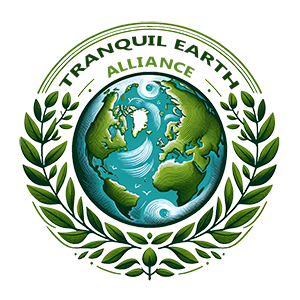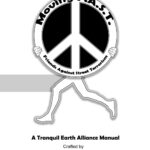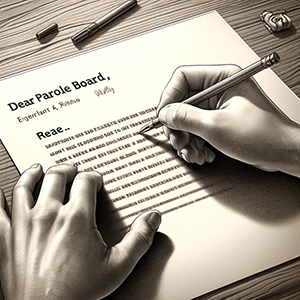Confronting the Culture of Hate
In today’s world that boasts of diversity and cultural richness, it is disheartening to witness the persistent acts of hatred and discrimination. From religious groups and racial minorities to the LGBTQIA+ community, the fight for acceptance, equality, and freedom from harm remains a constant struggle. The continuity of divisive rhetoric and the manipulation of a hostile political climate has further exacerbated a culture of hate, severing the social bond by sowing seeds of anger and violence.
The culture of hate manifests in various ways, each seeming to target different facets of human identity and experience. African Americans, for instance, we have long borne the brunt of systemic racism, faced discrimination in education, employment, criminal justice, and again facing legislative attempts at suppressing our historical foot and fingerprint. Anti-Semetic sentiment sentiment likewise continues to target Jewish communities, undermining their historical struggles and contributions to the world. The LGBTQIA+ community confronts prejudice that confronts their very existence. Advocates for women’s autonomy face backlash for championing reproductive rights and gender equality, navigating a male superego landscape where the Great Assault still lingers. And Pagans, we are often met with ignorance and hostility, as our spiritual beliefs differ from mainstream religions.
The current toxic political climate has played a significant role in amplifying the culture of hate. Public discourse has become increasingly polarized, seeing politicians and media outlets exploit differences in views and policies for their own gain, not in the public’s interest. Populist and super patriotic agendas thrive on scapegoating vulnerable groups, framing them as threats to traditional values or national identity. Those values and narrative not only deepens existing prejudices but also fuels animosity between communities, creating a vicious cycle of distrust and hostility.
The media, particularly social media platforms, has amplified the spread of hateful ideologies. Algorithms and other systems designed to maximize engagement often result in users being trapped within echo chambers, where their existing beliefs are reinforced and different perspectives are therefore adversarial. This phenomenon normalizes extreme views, making it more difficult to find common ground with one another.
How do we cohesively address this issue? Of course, education plays a crucial role; incorporating and maintaining diverse, ‘factual histories’, and perspectives into curriculum can challenge stereotypes and cultivate empathy. Encouraging open, objective conversations, and promoting active listening can break down barriers between different communities bringing commonalities into the forefront. Literacy programs that can help viewers assess the information they consume as factual and recognize bias.
Political leaders carry a heavy responsibility in shaping public discourse. By denouncing hate speech wherever it is found and actively promoting inclusivity, they can begin to set an example for the citizens they represent. Policies that support equality and equity, backed by meaningful action, can help dismantle systemic discrimination and offer marginalized communities a ‘fair’ chance at success. They, along with the media, must acknowledge their role in perpetuating hate. Journalists should strive for unbiased reporting, highlighting stories that improve the human condition, inspire unity, promote constructive dialogue, and prevent the proliferation of extremist content.
The present culture of hate is a stain on our collective humanity. Recognizing the lives lost and harm caused by discrimination against African Americans, Asians, Hispanics, Jewish communities, Pagans, women’s autonomy advocates we take the first steps toward healing. We must challenge divisive political rhetoric and demand responsible leadership to shape a more inclusive and tranquil society. Ultimately, the battle against hate is one that we must fight collectively, transcending borders, identities, and political affiliations, as we strive for a future where differences are celebrated, not condemned; A world where acceptance, understanding, compassion, and tranquility are governing parties.
To Live For The People

Founder & CEO of the Tranquil Earth Alliance





